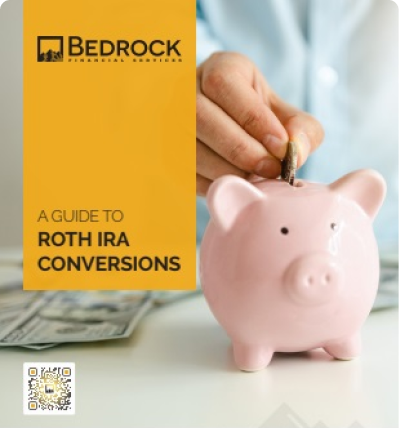Getting Started with Medicare

Who qualifies for Medicare?
Upon reaching the age of 65, all American citizens are entitled to Medicare benefits. Similarly, non-citizen permanent residents become eligible for Medicare at the age of 65, given that they have resided in the United States for a minimum of five years.
For those under 65, eligibility criteria include:
- Permanently disabled individuals who have been receiving Social Security Disability benefits for a minimum of 24 months.
- Individuals diagnosed with end-stage renal disease (kidney failure).
- Those diagnosed with Amyotrophic Lateral Sclerosis (ALS or Lou Gehrig’s disease) who are already receiving Social Security Disability benefits.
Navigating Medicare can initially appear daunting due to its complexity as a large government program. To assist with understanding the application process, annual enrollment, and more, we have developed a comprehensive guide.
initial enrollment period
When you’re turning 65, you have seven months to sign up for Medicare. It starts three months before your birthday, includes your birthday month, and lasts for three months after your birthday. That’s called the Initial Enrollment Period (IEP).

When to Apply for Medicare?
Eligibility for Medicare typically begins at the age of 65. However, suppose you have already started claiming Social Security benefits by this age. In that case, you will automatically be enrolled in Medicare, receiving both Parts A and B, on your 65th birthday. To opt for additional Medicare coverage such as Part C (Advantage) or Part D (prescription), you must consult an insurance professional to select these benefits.
For those who haven’t begun receiving Social Security benefits, applying for Medicare becomes necessary upon reaching 65. The Initial Enrollment Period (IEP) commences three months before your 65th birthday, extends throughout your birth month, and continues for three months after that, totaling seven months for enrollment.
However, this timeline has an exception: If your birthday falls on the first day of a month, your IEP starts a month earlier.
Applying for Medicare at age 65 is crucial, even if you’re not claiming Social Security benefits. Failure to enroll during this initial period may result in higher premiums for the duration of your coverage. Only specific circumstances allow for delaying enrollment without incurring penalties.


What happens if the Initial Enrollment Period is missed?
If you missed your Initial Enrollment Period (IEP) for Medicare, there’s still an opportunity to enroll during the Medicare General Enrollment Period, which runs annually from January 1st to March 31st.
Unless you qualify for a Special Enrollment Period due to certain life events, this General Enrollment Period is your sole chance to apply for Original Medicare after missing your IEP.
Upon signing up for Original Medicare during the General Enrollment Period, your coverage will commence on the first day of the month following your enrollment date. For instance, if you enroll on February 3rd, your coverage would start on March 1st.
Important Note:
It’s crucial to note that the General Enrollment Period isn’t intended as a “safety net” for missing your IEP.
This enrollment window should only be utilized if you still need to complete your Initial Enrollment Period. Late penalties may be applicable if you enroll during the General Enrollment Period, so it’s essential to account for any additional fees.

Get Free Medicare Assistance
Friendly, licensed professionals are available to answer all of your questions. Call (760) 466-6531 or complete the form below and we’d be happy to reach out to you.
